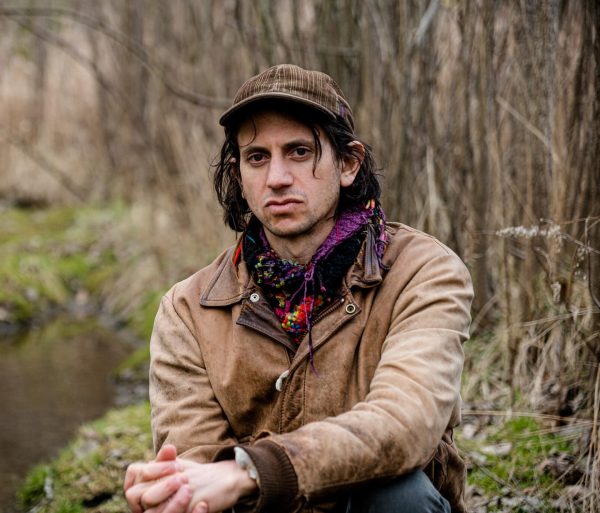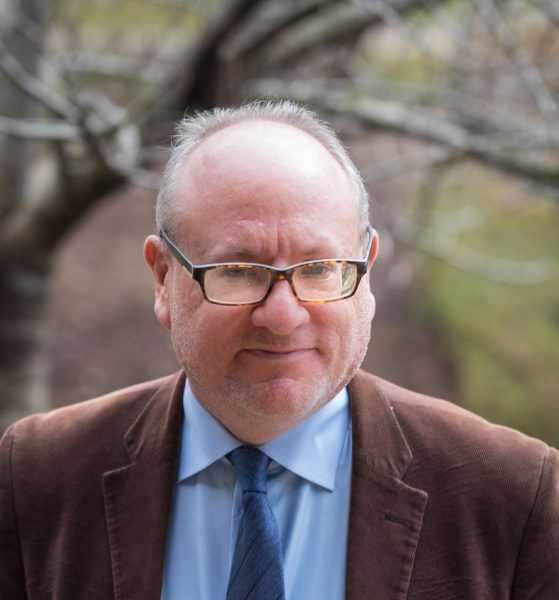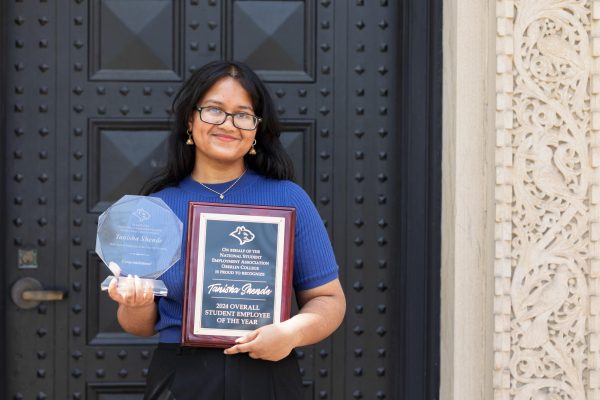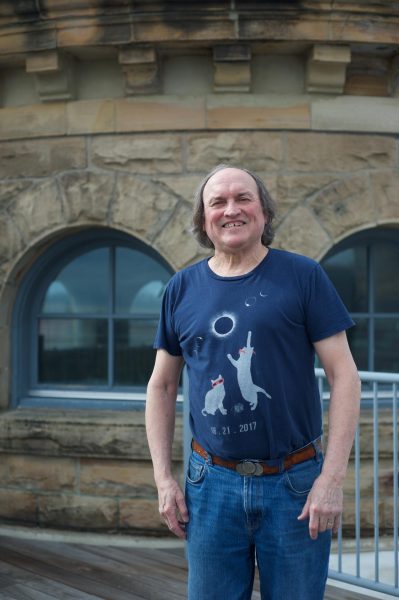Bryan Burgess On His Return to City Council
Former President of City Council Bryan Burgess was re-elected as a City councilmember on Nov. 2 following a two-year hiatus from the position. Burgess took the hiatus after exhausting his term limit of five consecutive two-year terms. Burgess currently chairs the City’s Planning Commission and previously served as member and chair of the City’s Resource Conservation and Recovery Commission and the Public Utilities Commission. In a discussion with the Review, Burgess shared insight into the workings of City Council that he has accumulated over more than a decade of public services.
This interview has been edited for length and clarity.
What does being a councilmember entail?
Local government is not faceless. I would presume that at the local level, people want to know that their concerns are heard and are acted on. You can send an email off to your congressperson, and although it makes you feel better for writing it, you know that congressperson didn’t actually read it. At the local level, your councilmember reads everything you send. Every concern that comes in front of us is heard, and eventually it’ll be acted on. The small things like the potholes — yeah, we can take care of that. Bigger things too — currently the city is looking at ways to reutilize Prospect Elementary School. What will that building be? Will it be a community kitchen? Will it be a senior center? Will it be a dog park? Will it be an after-school daycare program? We haven’t decided yet, but we’ve heard absolutely everything that people have to say about it.
City Council roles are considered almost as volunteer, part-time positions. Councilmembers are paid $1,000 a month. Most of the time spent doing council stuff is spent outside of council meetings. Sometimes there’s a perception that if the City Council meets once every two weeks, that that’s the only time really spent working. No, not nearly.
What projects is City Council currently working on?
The City is in the process of rewriting its comprehensive plan. The plan is rewritten about once every 10 or 15 years, so the last major rewrite was in the 2004– 2005 timeframe.
The last plan was adopted in 2005. Then the collapse of 2008 happened. That plan — back in 2005 — talked about new neighborhoods and new streets, but none of that has really become necessary. The City turned inward, which is not a bad thing. We looked at infill and redevelopment as opposed to sprawl and new neighborhoods. If we have lots of land available in the City, why would we turn over soybean fields on the periphery of the town?
It’s kind of funny that our development patterns turned inward when our official written plan was still projecting outward growth. Maybe it’s time to write a plan that actually acknowledges the reality of the situation and not just some fanciful future.
Why do you think that some people aren’t as involved in local politics?
People are stressed. COVID-19 has not been fun, and there’s no reason why people would want to be excited about life in the age of COVID-19. There’s nothing exciting about that. It’s like Ohio in February — it’s gray and depressing sometimes. That’s what I’m attributing the lackluster interest in the candidates to: people just living their lives. Getting involved with something else — on top of your current stress level — right now is not appealing.
If you could name a personal political hero, who would it be?
When I was first elected to City Council — that would’ve been 2009 — I took office in 2010. I would quote Joe Biden, and he had a saying, “Don’t tell me your priorities, show me your budget.” It was before his aspirations to be president. I took that advice to heart when I got on City Council. I was sort of naïve at the time; I didn’t realize that City Council was so much more than just worrying about the City’s budget.
The interesting thing about a city manager form of government is that you miss out on the politics of decision- making. The city manager’s job is to make decisions based on what makes the most sense — what’s the most financially sound decision — as opposed to trying to make a popular decision that will get them re- elected in the next cycle. We’re doing what’s best for the city, and that’s not necessarily what’s most popular.
If there were a way to extrapolate that model to the national stage, I think that would just about fix all our problems.
If only.









